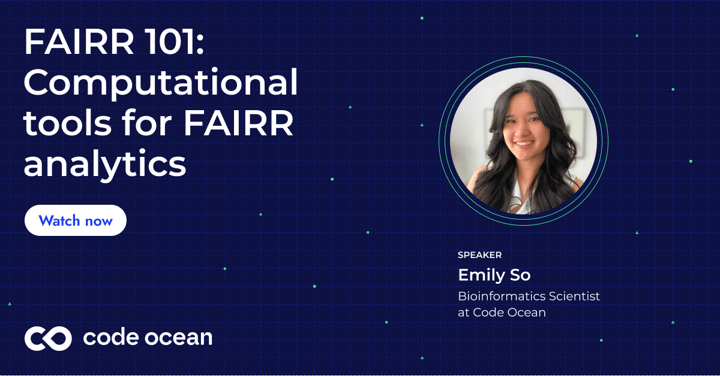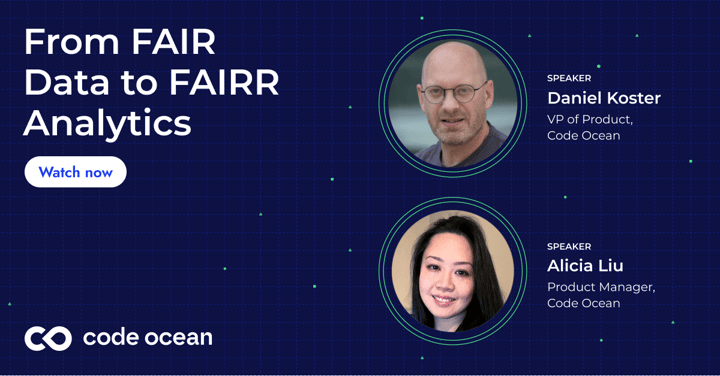In the era of big data and predictive modeling in life sciences, the integration and analysis of multi-omics datasets have emerged as powerful tools for deciphering the intricate molecular mechanisms underlying biological systems.
This type of data is crucial in life sciences, particularly for applications using machine learning. Analyzing diverse data types together reveals hidden patterns, providing comprehensive insights. This data can be very complex though, so exploring analysis opportunities and enhancing data accessibility standards is crucial for users.
In this webinar you will explore:
- The process of bringing multi-omic datasets from data generation to discovery
- How you can improve the use of these datasets in organization and exploration
- Challenges in accessing public datasets in academic and commercial settings
- Best practices for organizing datasets, standardized formatting, and access methods for future use
- Methods of exploration for discoveries that could empower scientists of various domains




